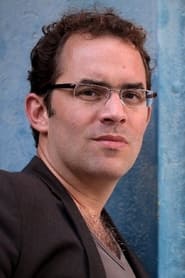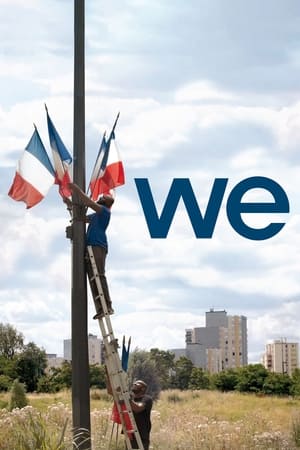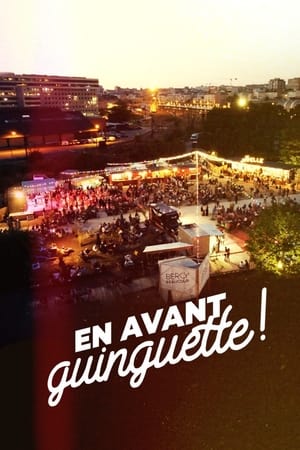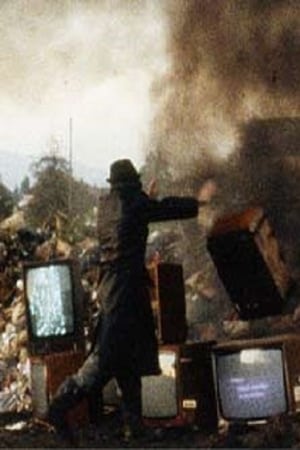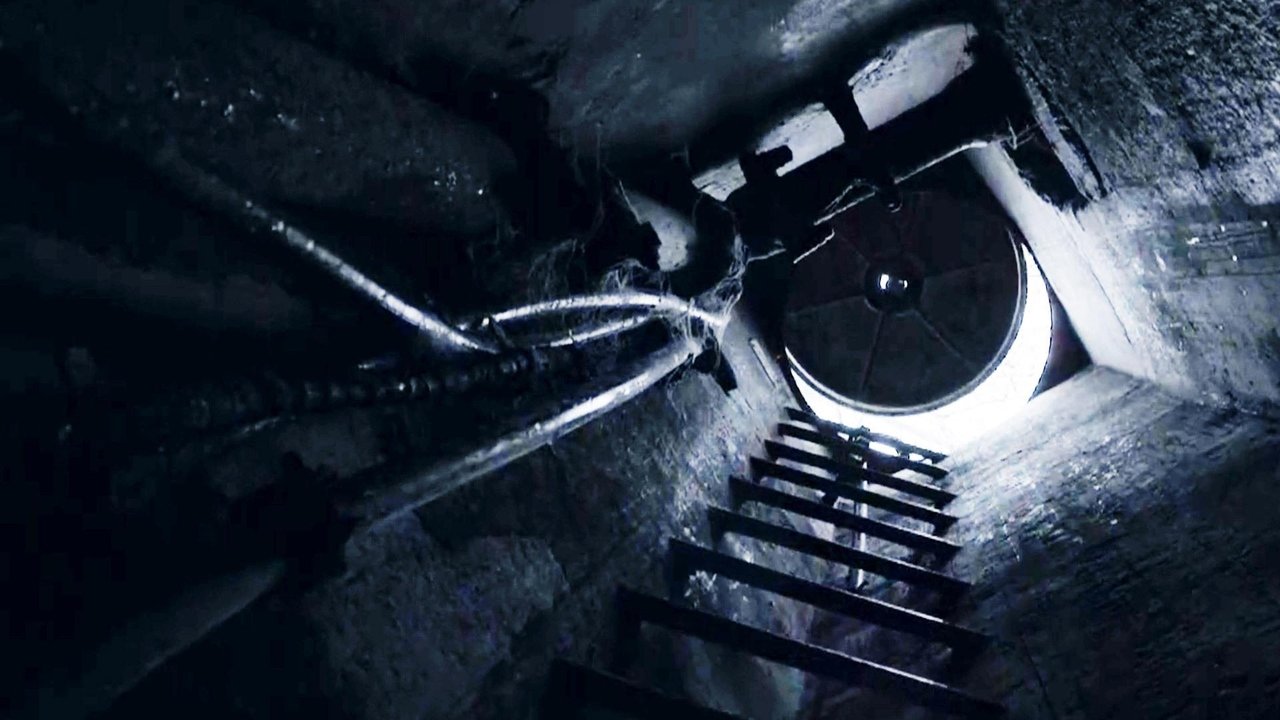
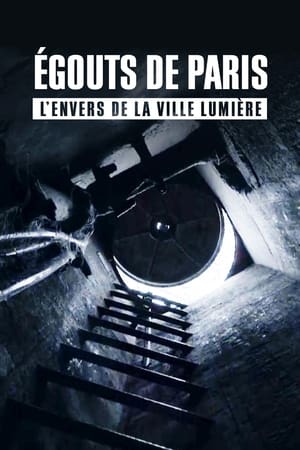
Égouts de Paris : L'Envers de la Ville Lumière(2020)


Movie: Égouts de Paris : L'Envers de la Ville Lumière
Top 10 Billed Cast
Self - Sewer basic service
Self - Historian, CNRS
Self - Historian, Gustave Eiffel University
Self - Water and sanitation services manager
Self - Instructor
Self - Historian
Self - Institutional and internation relations, Eau de Paris
Self - Operation supervisor, Eau de Paris
Self - Water resource and production manager

Égouts de Paris : L'Envers de la Ville Lumière
HomePage
Overview
Release Date
2020-09-02
Average
0
Rating:
0.0 startsTagline
Genres
Languages:
FrançaisKeywords
Similar Movies
 6.6
6.6White Terror(de)
A video about Neo-Nazis originating in Sweden provides the starting point of an investigation of extremists' networks in Europe, Russia, and North America. Their propaganda is a message of hatred, war, and segregation.
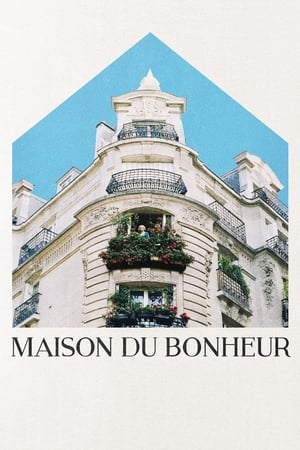 6.1
6.1Maison du Bonheur(fr)
When asked to make a documentary about her friend’s mother—a Parisian astrologer named Juliane—the filmmaker sets off for Montmartre with a Bolex to craft a portrait of an infectiously exuberant personality and the pre-war apartment she’s called home for 50 years.
 7.1
7.1South Park the Streaming Wars Part 2(en)
A drought has brought the town of South Park to the brink of disaster.
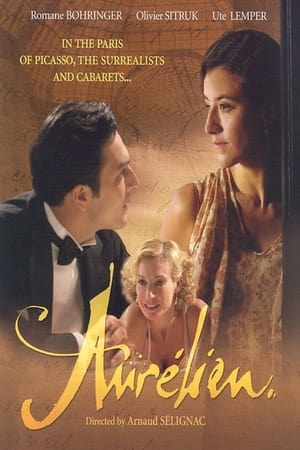 0.0
0.0Aurélien(fr)
France, 1920s: An affluent ladies' man finds himself in love with a homely married woman.
 7.2
7.2South Park the Streaming Wars(en)
Cartman locks horns with his mom in a battle of wills while an epic conflict unfolds that threatens South Park’s very existence.
 8.0
8.0Canaries, paradis sous perfusion ?(fr)
Sixty years ago, the Canary Islands were the first in Europe to adopt desalination of ocean water to produce drinking water. Often considered a miracle solution, is this technique compatible with sustainable development?
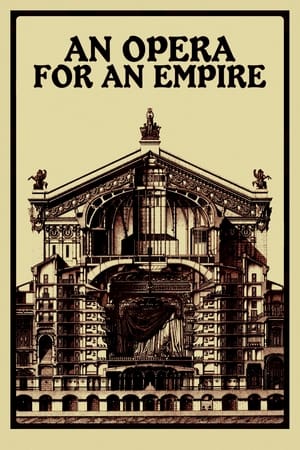 10.0
10.0An Opera for an Empire(fr)
The amazing and epic story of how the Paris Opera House, the Palais Garnier, was built from 1852 to 1870, thanks to the decisive impulse of the French Emperor Napoleon III; a story that is also that of the birth of a golden age for orchestral music, opera and ballet; of the rise of the urban bourgeoisie turned social elite; and of a certain mysterious inhabitant of the darkest corners of a legendary place.
 7.5
7.5D-Day to Berlin: A Newsnight Special(en)
George Stevens's remarkable film is acclaimed by historians as the most important colour footage taken during the war. Milestones covered include the liberation of Paris, the link-up between the Russian and American armies on the River Elbe and the Allied capture of the Dachau concentration camp.
 7.7
7.7Paris 2024 Paralympic Opening Ceremony(fr)
For the first time in the history of the Games, the opening ceremonies of the Olympic Games and Paralympic Games will take place - just a few weeks apart - outside the stadium, in the heart of Paris. On 28 August 2024, the bottom of the Champs-Elysées and Place de la Concorde will be transformed into the impressive backdrop for a ceremony that will feature a parade of 4,400 athletes from approximately 184 Paralympic delegations from around the world.
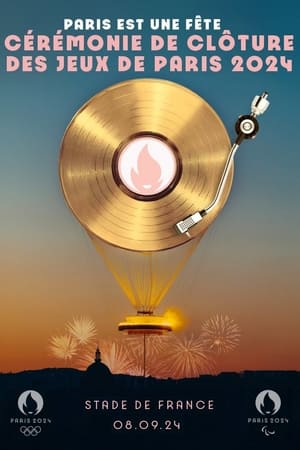 9.5
9.5Paris 2024 Paralympic Closing Ceremony(fr)
On Sunday 8 September at Stade de France, the Closing Ceremony of the Paris 2024 Paralympic Games officially drew 11 days of competition to a close. Called Paris est une fête, the ceremony, directed by Thomas Jolly and designed by Romain Pissenem, paid tribute to the 4,400 athletes who took part. But the ceremony also highlighted the history of electronic music and of Paris as a city of celebration and culture.
 6.9
6.9Chavela(es)
Inspired by an exclusive interview and performance footage of Chavela Vargas shot in 1991 and guided by her unique voice, the film weaves an arresting portrait of a woman who dared to dress, speak, sing, and dream her unique life into being.
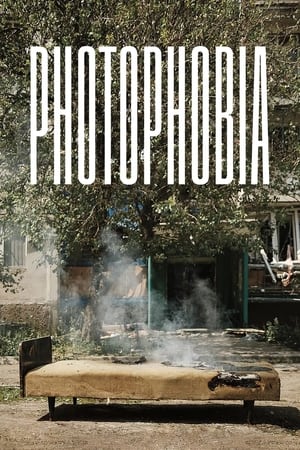 7.7
7.7Photophobia(sk)
On a cold February morning, 12-year-old Niki and his family arrive at the Kharkiv metro station to take shelter from the terrifying war raging outside. For Niki's family, daylight is synonymous with mortal danger, and the boy is not allowed to leave the station premises, living under the constant glow of their neon lights. While aimlessly wandering around the abandoned cars and full platforms, Niki meets Vika (11), and a new world opens up to him. As their bond strengthens, the children find the courage once again to feel the sun on their faces.
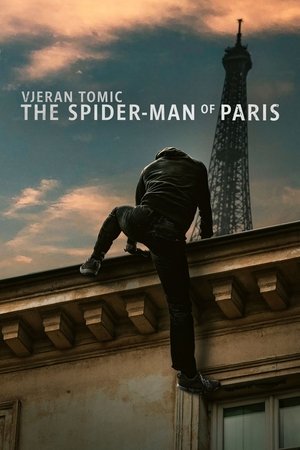 6.9
6.9Vjeran Tomic: The Spider-Man of Paris(fr)
In his own words, the burglar behind the 2010 robbery of the Paris Museum of Modern Art tells how he pulled off the biggest art heist in French history.
